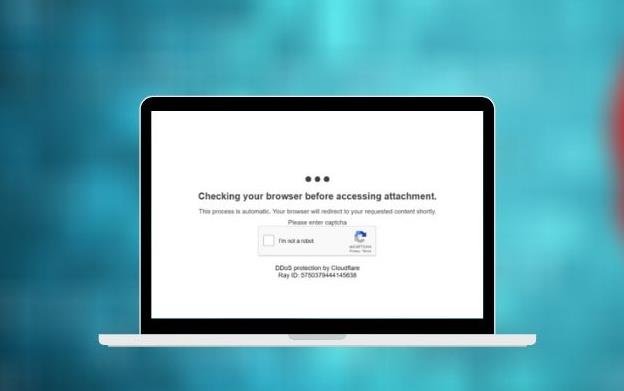Bing Chat is an AI-powered chatbot that was launched by Microsoft in early 2023. It allows users to have natural conversations with the chatbot on various topics, such as sports, entertainment, science, and more. Bing Chat is powered by the GPT-4 language model, which is one of the most advanced natural language processing systems in the world.
How are cybercriminals exploiting Bing Chat?
According to a report by Malwarebytes, a renowned cybersecurity firm, some of the ads that appear on Bing Chat are being used by threat actors to distribute malware-infected software installers that promote fake websites. The report states that these malicious ads are disguised as Advanced IP scanners, which are legitimate tools for network analysis.

When users ask Bing Chat queries about downloading a software, a link will appear in the chat along with the sponsored links on the top. If users click on the sponsored link, they are directed to a website that employs advanced techniques to distinguish between human users and automated bots or crawlers. If the visitor is identified as a real human, they are subsequently redirected to a deceptive website with the URL ‘advenced-ip-scanner [.]com.’ On this fraudulent website, users are presented with a misleading prompt encouraging them to download an installer. And this installer contains malicious software that can harm their devices and compromise their security.
What are the risks of downloading malware-infected software?
The malware-infected software that is being distributed through Bing Chat ads can have serious consequences for users. According to Malwarebytes, the installer contains a bundle of potentially unwanted programs (PUPs) and adware that can perform various malicious activities, such as:
- Displaying intrusive and unwanted ads on the user’s browser and desktop
- Changing the user’s browser settings and homepage
- Installing browser extensions that can spy on the user’s online activity and steal their personal information
- Downloading additional malware that can damage the user’s system or encrypt their files
- Slowing down the user’s device and consuming their bandwidth
How can users protect themselves from Bing Chat ads malware?
It is crucial for Bing Chat users to be extra cautious when interacting with links offered by the chatbot. Although Bing Chat serves as a valuable resource for information, it is vital to recognize and address the potential risks associated with fake advertisements. One practical step that users should consider is to use traditional search engines, which tend to display sponsored ads in a more transparent manner. Furthermore, taking the initiative to install an ad blocker can proactively protect devices from malicious ads, thereby lowering the chances of encountering harmful websites.
Bing Chat has ushered in a new era of interactive search experiences and while users should make full use of the benefits accorded by this new technology, they ought to be aware of its pitfalls too. So, exercise caution and verify the legitimacy of sources and links before clicking on them.
